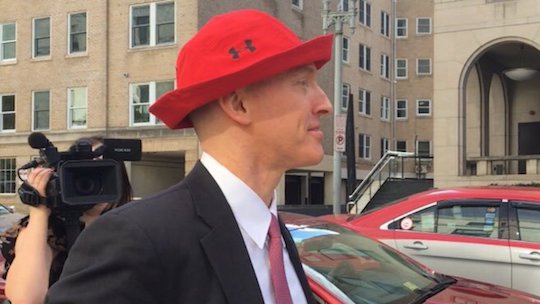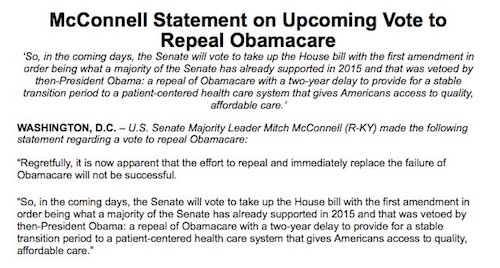Let’s say you’re getting bullied at school. I can’t imagine it, myself, but for the sake of argument, assume you are a nerd. This big kid is always beating you up. Every day he humiliates you. You’re not strong enough to fight back, but you have to do something. So you invite him to meet by the dumpsters in the dead-end alley behind the school, where you appeal to your shared interests and offer a truce.
What do you think happens next, nerd? That’s right: you live in a dumpster because you’re a pussy. Montana’s Democratic governor, Steve Bullock, ran this experiment last week, when he convened a special session of the state legislature. Do Republicans still hold strong majorities in both houses? Yes they do. Did the $227 million budget shortfall that occasioned this session bring them to Helena with a giant bargaining chip? Indeed. Yet Democrats seemed surprised when their Republican colleagues threw them into the dumpster.
Take, for example, Sen. Albert Olszewki’s (R-Kalispell) budget-neutral bill to make it harder to change the gender on your birth certificate. SB-10 sought to block a proposed rule change at Health and Human Services that would allow the department to accept sworn affidavits of gender transition, as opposed to court orders only. Normally such changes would be the sole purview of the executive branch, headed by aforementioned Democratic governor Steve Bullock, but he reconvened the legislature. The birth certificate bill didn’t have anything to do with the budget shortfall, but the Republican-dominated state senate passed it anyway. Fortunately, the house ended the session without taking it up. But transgender Montanans almost watched the state snatch away an achievement they had pursued for a long time.
What did Bullock think was going to happen? At a certain point, you have to stop criticizing Republicans for their opportunism and start criticizing Democrats for giving them so many opportunities. We think of the question of who is doing politics better as horse-race stuff, but this story reminds us that it has a moral dimension, too. You can read all about it in this week’s column for the Missoula Independent.






